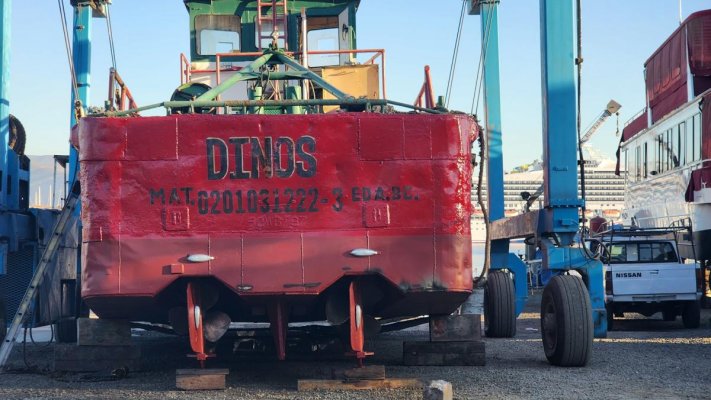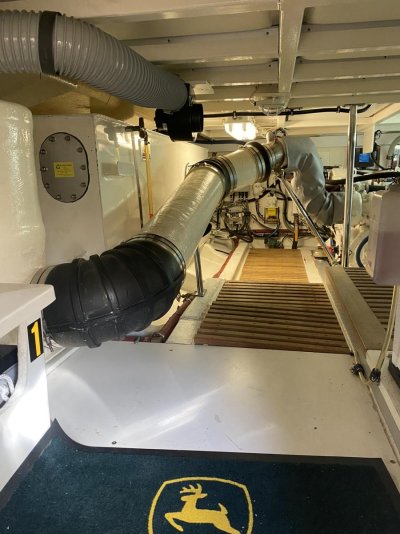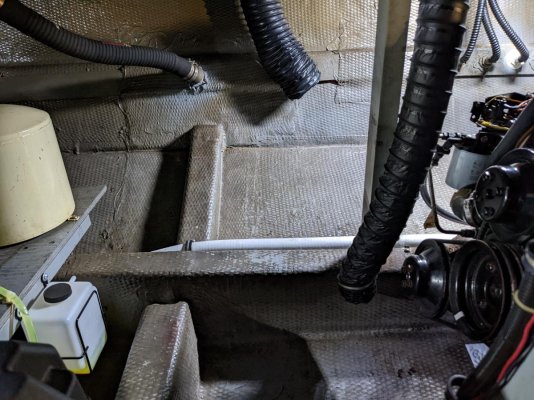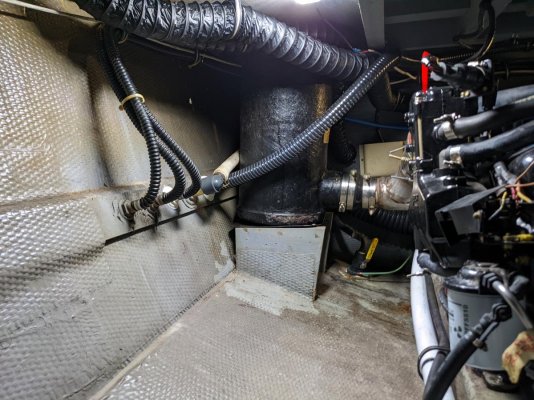Fletcher500
Guru
I haven't read the entire thread, so someone may have mentioned this. Electronically controlled deisels have an additional factor that can cause them to be inoperable. If you fully understand and carry spares for all the electonic components then you may be equal with a mechanial engine as far as reliabilty, but I doubt it.
I've had friends with newer electronically controlled engines that have had to deal with electrical issues. One wouldn't run, and one would start by itself with no one around.
My old engines take a battery to turn it off unless I go to the engine room and push down on the fuel solenoid plunger. I think I could withstand a lightning strike and the engines would still be running - although I might be dead.
Oh boy.




